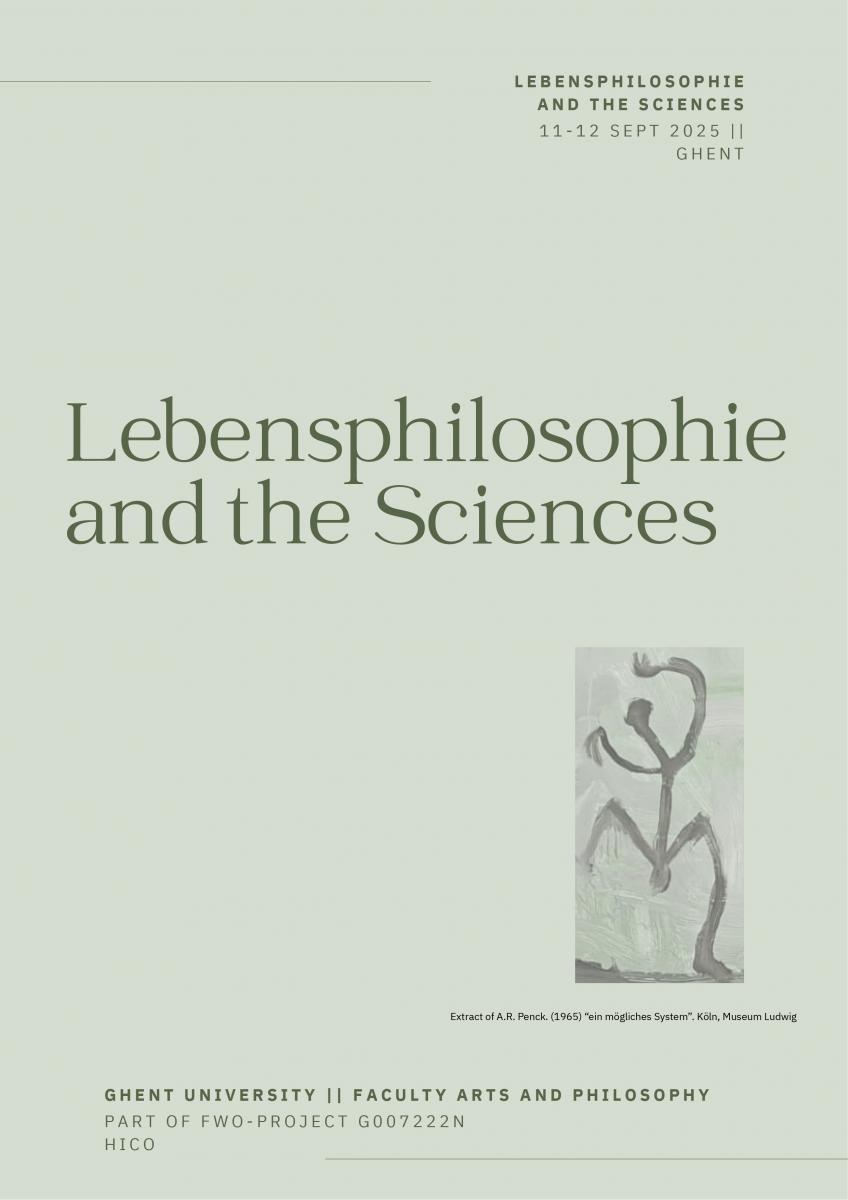HICO Agenda
— Upcoming events
Lecture by our honourable member Levi Haeck
Thursday 5 March, 4pm
CANCELLED (with sadness)
FLAGSHIP EVENT
Lecture by Katrien Schaubroeck (Universiteit Antwerpen): Imagining Death. Iris Murdoch and autobiographical despair.
Thursday 7 May, 4pm
Location: Faculteitszaal, Blandijn
Anthropologists since Ernest Becker have been criticising the tendency of death denial in the secular western society. Yet there is a real question what is meant by death denial, and what a valuable alternative would be. In this talk I will focus on Iris Murdoch’s moral philosophy that, basically, urges us to accept reality as it is. With regard to the reality of mortality she complains that “Christianity and romanticism tend to transform the idea of death into the idea of suffering.” (1970) Her cultural analysis differs from Becker’s. Not denial but distortion is the problem, she says. The acceptance of death, not as an affliction but as the absolute void, is a moral achievement for Murdoch. Murdoch has been criticized for encouraging self-annihilation and self-depreciation as if these are morally superior attitudes, embodying a figurative death in preparation of real death. I believe this criticism is unfair. In my reading of Murdoch’s philosophical writings on mortality and her novel Bruno’s Dream (1996) – which I argue could be read as a variation on The Death of Ivan Ilyich(1886) – she warns that mortality should not erode our sense of ourselves as important. Ivan Ilyich’s autobiographical despair is not the moral lesson Murdoch wants us to draw. In between autobiographical despair and death denial Murdoch inspires a different, lucid attitude towards death that I will explore in this talk.
Followed by a free reception, kindly offered by: HICO.
— Past events (Academic year 2025-2026)
Lecture by Laura Langone (University of Verona): Nietzsche on Food and Wellbeing
Tuesday 18 November, 4pm
Location: Faculteitszaal, Blandijn
If Nietzsche was one of the few Western philosophers to make our food habits a subject of philosophical inquiry, following in the footsteps of Feuerbach and few others, he was the first to advocate for a history of the philosophy of food, as well as for a study of the impact of food on our physiology and our morality. Also due to his own gastrointestinal issues, Nietzsche was particularly concerned with nutrition and read works on physiology and dietetics by some of the most renowned scholars of the 19th century. Building upon his knowledge of 19th-century science, Nietzsche devised a philosophical method to deal with the issue of nutrition so as to pursue the most one’s wellbeing as well as one’s goals.
Workshop: “Lebensphilosophie and the Sciences.”
Ghent University (Belgium), 11-12 September 2025
Poster and Program
